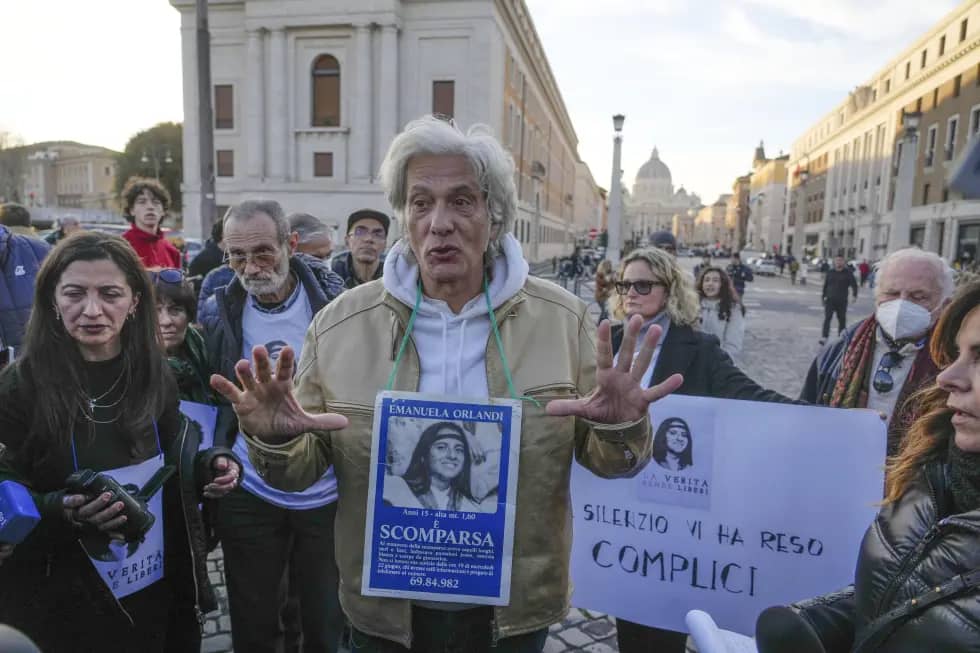ROME — Catholic bishops in Malta said that while they support equality and are against discrimination, they are concerned that two new bills meant to protect people’s rights would instead threaten personal freedoms.
“Freedom of thought, freedom of conscience and freedom of religion for all persons living in Malta and Gozo have so far always been safeguarded by the Constitution of Malta, by the European Convention and also by the Charter of Fundamental Rights of the European Union,” the bishops wrote in a letter dated Sept. 15.
“If the bills are not amended with caution and transparency, they will threaten the fundamental freedom that we have always cherished,” the letter stated.
The message was signed by Archbishop Charles Scicluna of Malta, president of the Maltese bishops’ conference, and by Bishop Anton Teuma of Gozo and Auxiliary Bishop Joseph Galea-Curmi of Malta.
The proposed pieces of legislation, dubbed by local media as “the equality bills,” have drawn concern from several quarters over what is seen as vague language that could lead to an individual’s personal opinion being punished as harassment, could limit the ability of Catholic schools to insist teachers espouse church teaching and could do away with an individual’s right to conscientious objection.
In their letter, the bishops of Malta said the church is in favor of the “eradication of all forms of discrimination in our country.”
“No person should be discriminated on the basis of their race, nationality, sexual orientation, disability, religion, age, political ideology or any other characteristic that makes a person unique. The dignity of every person demands this,” the bishops said. “The teachings of the church value each and every person from conception until natural death.”
However, they noted, the proposed legislation could have “serious implications on the freedom of every person,” especially when it comes to the “rights of parents to choose their children’s schools.”
“If they choose a church school or schools that embrace a particular ethos, they are to be assured that those appointed as heads of school or members of the senior leadership team are persons who protect and promote the schools’ ethos and values,” the bishops said.
School leaders and teachers who present material in conformity with religious and philosophical beliefs should “not be considered to be discriminatory” and parents’ rights to choose their children’s education should be safeguarded, the bishops said.
In addition, they said, “the Equality Law should include the right to conscientious objection. This will ensure that no one is forced to engage in, form part of, promote or participate in activities that go against their conscience, and the principles and values that they embrace.”
“The principles explained above can strengthen these bills in favor of equality and against all discrimination,” the bishops said. “They are principles that embrace diversity and not uniformity. True equality respects every person, allows for and celebrates differences and does not eliminate them.”
















